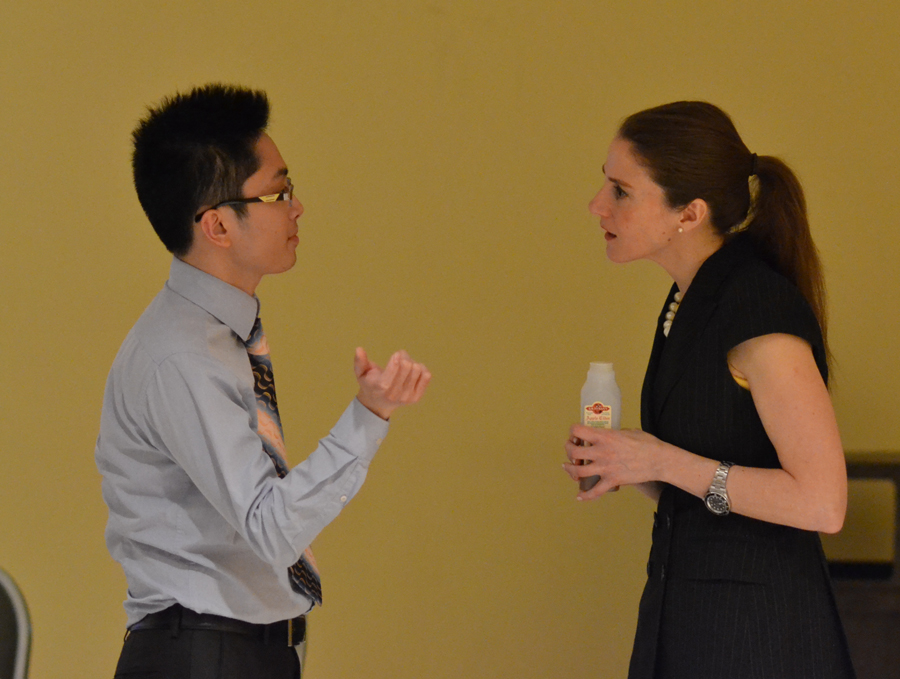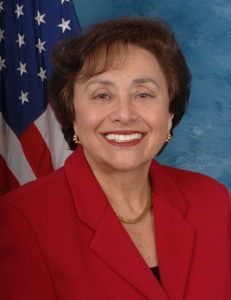Top tips for making a professional, polished, and positive impression with a focus on Strategic Dining in a business setting.
Business Meal Etiquette
Ora Shtull Interview
There are so many dos and don’ts when it comes to social interaction at work — particularly at the ubiquitous business lunch. Can I order wine? Are the mussels too messy? Is it okay to tuck my tie inside my shirt? Should I offer to pay (or feign reaching for my wallet)? We must bring our professional polish not only to the meeting table but also to the dining table.
When is the right time to give someone your information? How can you exchange business cards without appearing too pushy? This video will offer ideas for how you can integrate your business card into the conversation or find a reason to exchange information in order to move the conversation forward.
6 High-Powered Women Share Their Secrets for Success
I probably don’t have to remind you of the statistics about women in high-level leadership positions in the U.S. (And if I do, let’s put it this way: They’re grim.) Most of the time, all you have to do is look around the C-suite of your company, and the picture will be all too clear.
But there are plenty of women who have made it to the top—and today, they’re sharing their secrets for success. To learn more about their journeys, their career paths, and the advice they’d share with others, I recently chatted with six of the most prominent leaders I know. If you’re aiming for the top, read on for their quick nuggets of wisdom on leadership.
Kathleen Tierney
Recruited out of college to work at Chubb Insurance, Kathleen Tierney learned very quickly that she could distinguish herself by volunteering for projects and initiating ideas. Her strategy paid off,
and after working in many different business units, today she sits at the helm as Executive Vice President and Chief Operating Officer. She is also the first woman to run a business unit at the organization.
Define a great leader. What are some traits you think great leaders possess?
“Leaders need people skills, organizational skills, and the ability to ask really good questions even when they don’t always have all the answers. Great leaders are able to see trends that others can’t, to see the big picture, to ask the pointed questions, to set the goal and get people to that common goal, and to celebrate successes or quickly rethink and retool.”
What are some strategies that can help women achieve a more prominent role in their organizations?
“There’s never going to be a precisely right moment to speak, share an idea, or take a chance. Just take the moment—don’t let thoughts like ‘I don’t feel like I’m ready’ get in the way. Look to see if you have the main things or the opportunity will pass you by. Don’t let perfect get in the way of really, really good.”
What’s one leadership lesson you’ve learned in your career?
“If you make a mistake, own up, apologize, and move on—don’t ruminate. Appreciate feedback, and think, ‘What can I do with this?’ If you’re not making mistakes, you may not be doing something interesting.”
 Nita Lowey
Nita Lowey
After a career in local activism, grassroots politics, and state and local government, Nita Lowey has served as a U.S. Congresswoman since 1989. She is the senior Democrat on the House Appropriations Committee and was the first woman of the Committee to lead either party.
Define a political leader. What are some traits you think great leaders possess?
“Someone who’s effective in achieving priorities. An effective leader should also understand the unique ability elected officials have to influence policy that helps improve others’ everyday lives.”
What are some strategies that can help women achieve a more prominent role in politics?
“For women who are eager to enter into public service, I think they should keep in mind that women’s experiences as mothers, daughters, wives, and primary caretakers, as well as employees, businesswomen, and community leaders, often make us uniquely qualified to address through public service the issues facing our families.”
Ruth Mahoney
Ruth Mahoney was very comfortable in the fast-paced realm of banking. In fact, she never agreed with the notion that it was a “man’s world.” She’s risen through the ranks in her field, and today, she’s the President of KeyBank Hudson Valley / Metro NY District, where she oversees the operations of dozens of regional banks and hundreds of employees.
Define a great leader. What are some traits you think great leaders possess?
“Working alongside your team, and being a good decision-maker—someone who can be relied upon, who takes responsibility, and who works well with people.”
What are some strategies you’ve learned that can help women achieve a more prominent role in their organizations?
“Decide what your career is, and be specific and be focused. Be a student of business—meaning, understand it from all angles. You need technical and business acumen to be successful in a role. Read to understand more about the position than just what your job requires. Also, it is really important to meet and exceed all of the expectations in your role. Make your aspirations known, ask for feedback, be open to feedback, and do something with that feedback. Work on getting the skills you need to achieve that position.”
Donna Frosco
The legal field is notorious for having few women at the top, but Donna Frosco is one of those successful few. As the first woman partner at her firm, Keane & Beane, P.C., Donna founded the intellectual property and technology practice area. She also serves as the President of the New York State Women’s Bar Association.
What are some traits you think great leaders possess?
“Competence is essential—master your subject matter. You should also have the ability to communicate clearly and adjust your communication for the individual or group you’re attempting to reach. And initiative. Voracious curiosity, learning quickly, and listening well—to what is being said and sometimes, more importantly, to what isn’t being said.”
What are some strategies you’ve learned that can help women achieve a more prominent role in their organizations?
“Stand up for yourself without being overly aggressive, and surround yourself with good people. Cultivate relationships with people you respect and admire by finding a commonality—a support network is also key to success.”
Barbara Cerf
Having grown-up in a financially modest household, Barbara Cerf’s parents told her they could not afford to send her to college. But she was adamant about attending college and accomplishing anything else she set her mind to. Set her mind she did—and today, she is Corporate Vice President, Women’s Market at New York Life.
What are some traits you think great leaders possess?
“Great leaders are innovative. They look at things differently, and they teach us to look at things differently. They’re also energetic, they can see the whole picture, they have great foresight, and they understand people and business. They’re people with ethics, integrity, and honesty—and they’re decision-makers.”
What advice do you have for women aiming for leadership positions?
“Just do it. Dream it and do it. Learn how and when to say no and delegate. Enjoy what you are doing, and make sure you are having fun. And don’t be afraid to bring new ideas forward, but be respectful of people.”
Stacy Musi
Stacy Musi, a black belt in karate, lives by one of her favorite sayings: “Seven times down, eight times up.” As Managing Director of Chadick Ellig Executive Search Firm, her commitment to this mantra of focus, tenacity, and persistence has been the secret to her success.
Define a great leader. What are some traits you think great leaders possess?
“It’s important to be respected, and you can achieve that by being credible. Know what you’re talking about, work hard, set appropriate expectations, and don’t be afraid to put yourself out there.”
What’s one key leadership lesson you’ve learned along the way?
“Choose your battles. You should be willing to go to the mat, but it shouldn’t be for everything. Choose what’s important, and ask yourself, ‘Will it help me or hurt me?’ Step back, think, and make a choice.”
What does your handshake say about you? The ability to give a proper handshake is crucial in a professional setting. This video will provide you with the correct steps to ensure that your handshake is the best it can be. It will also discuss “awkward” handshakes and what not to do!
KATEN CONSULTING provides customized consultation services and training programs in the professional development arena to a wide variety of corporate, educational, not-for-profit and individual clients.
It’s never easy to make conversation, especially when you want to enter a group that’s already talking together. The ability to know when and how to enter a conversation is crucial in a professional setting. This video will provide you with techniques to help you graciously enter a conversation! And tell you what to avoid.
KATEN CONSULTING provides group training programs and one-on-one coaching sessions to help employees, at all levels, and HS and college students exude polish, professionalism, and make a positive impression in the workplace.

600 Mamaroneck Avenue
4th Floor
Harrison, New York 10528
(914) 468-0892
contactus@katenconsulting.com


 Nita Lowey
Nita Lowey